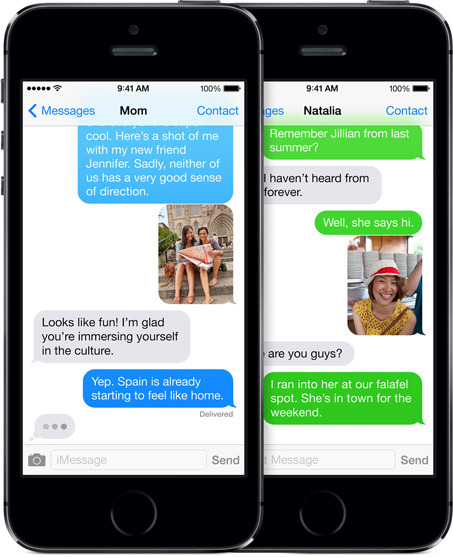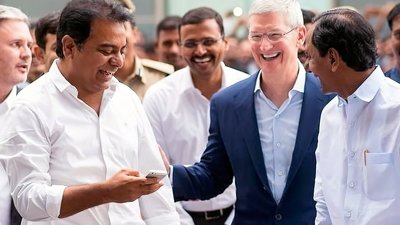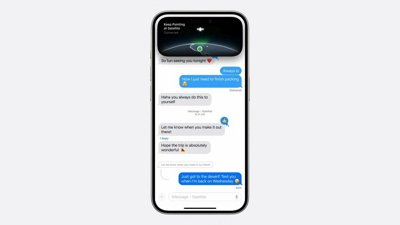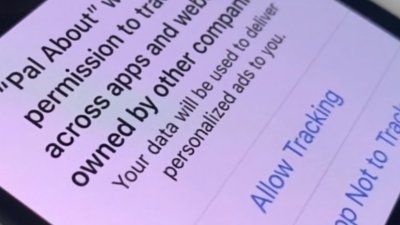Because of Apple's and other companies' stances on end-to-end encryption, the U.S. government's trouble in intercepting online communications is only accelerating, according to an executive assistant director with the FBI.
The "going dark" problem "infects law enforcement and the intelligence community more and more so every day," Amy Hess told the Wall Street Journal. As companies like Apple, Facebook, and others have instituted end-to-end encryption in messaging, government agencies — particularly the FBI — have complained that terrorists and other criminals have been able to conduct business outside of surveillance.
Hess once testified in front of Congress on the matter in 2016, a year that saw Apple fight the FBI and the Department of Justice over demands for a backdoor into the iPhone of San Bernardino shooter Syed Rizwan Farook. Apple, normally compliant with police and NSA requests, argued that it couldn't be compelled to write new code, and that doing so would fundamentally weaken the security of iOS. The DoJ's case ultimately fizzled when it turned to a third-party service that successfully cracked Farook's iPhone 5c.
Partly because of the Farook incident, critics have been skeptical of the "going dark" threat, suggesting that there are often alternatives to intercepting services like iMessage and WhatsApp. Apple and like-minded parties have contended that encryption is essential not just for general privacy, but keeping people safe from hackers and mass surveillance, particularly in countries where leaders may imprison or murder dissenters.
The Journal noted that last week, Apple and a collection of trade groups, NGOs, and other tech companies submitted comments opposing an Australian law passed in December which demands businesses help the government access encrypted messages. The view is that the law is too vague, and could be used to demand weakened encryption not just in Australia but eventually in any country within the "Five Eyes" network — Australia, Canada, New Zealand, the U.K. and the U.S. Those countries regularly collaborate on intelligence matters, and the network recently claimed that "privacy is not an absolute," with the further assertion that it would aim to access encrypted data through legislation.
The U.K.'s GCHQ intelligence agency even recently proposed adding government agents as silent participants in group chats, something opponents have said could be even worse than weakened encryption, since it could be very quickly turned to mass surveillance or exploitation by hackers.
 Roger Fingas
Roger Fingas







-m.jpg)






 William Gallagher
William Gallagher
 Andrew O'Hara
Andrew O'Hara

 Malcolm Owen
Malcolm Owen

 Brian Patterson
Brian Patterson
 Charles Martin
Charles Martin










20 Comments
Ah, the “But terrorists!” boogeyman, despite being the victim of a terrorist attack being so, so small compared to other causes of death. The terrorist has replaced the child molestor in these narratives.
The other issue is that they foolishly make a stink about encryption. Most criminal are not tech geniuses. At the same time many are not stupid. If you go on record saying iPhone prevent them from hacking criminals, more criminals will turn on encryption.
Criminals "going dark" is nothing new. Jack the Ripper was never caught. Which iPhone did he use?